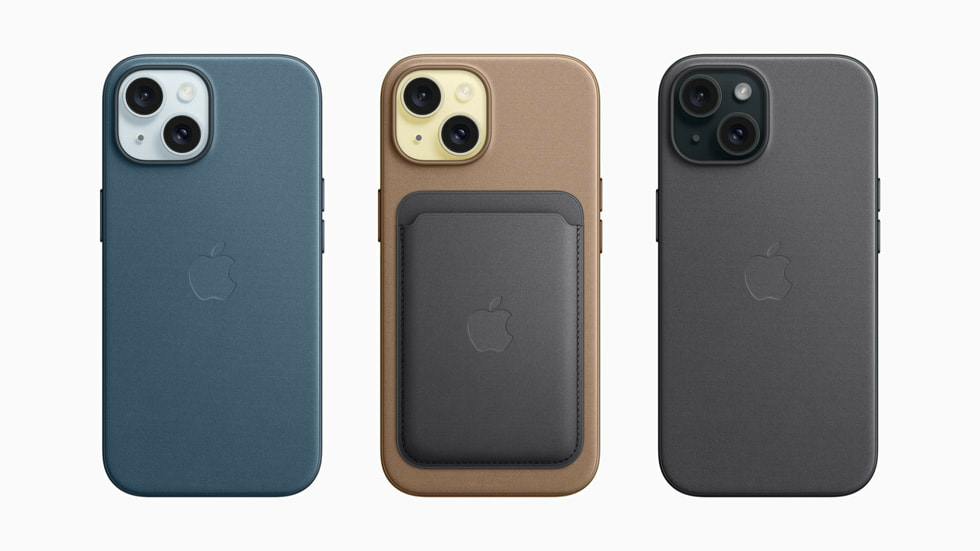Looks like leather, it’s plastic: leather workers warn that new Apple cases are less environmentally friendly

VALENCIA. Last September, Apple announced a new product – the FineWoven case, which replaces the traditional genuine leather case and costs 69 euros apiece in Spain. In their statement, the company explained that they were going to stop using leather in all of their products, which they justified by their intention to reduce their “impact on the planet.”
The move led to the use of a new fabric called FineWoven, which Apple says is a “fine fabric” made from “a twill fabric made from 68% recycled materials.” In a statement, the company emphasized that recycled materials “generally have a lower carbon footprint than virgin materials,” so their use helps meet the 2030 sustainability goals.
Now, five months after its launch on the market, the Italian Leather Association (UNIC) has carried out a comparative analysis of the composition and durability of the new covering and the old genuine leather casing. The results, they note, “demonstrate a clear superiority of leather,” as the new materials have “insufficient and completely incomparable durability” to natural leather.
“FineWoven is a petroleum-derived, plastic material that is difficult to recover for recycling and will remain waste in nature for thousands of years with the associated risk of producing micro/nanoplastics,” says UNIC, which points out because only 1% of the new material has biological basis, whereas in the skin – 99%.
“FineWoven is in no way comparable to or an alternative to real leather. This is just another attempt to build a marketing narrative that is not transparent to the consumer and that unfairly penalizes the tanning and leather sector, which remains, even in this case, the only real, realistic and credible alternative to itself,” add the Italian tanners.
In this sense, Pablo Rios, CEO of the leather company Dercosa, supports the Italian thesis. “The material they use is a petroleum derivative, and the leather is a product derived from human consumption of meat and milk,” Rios denounces.
Moreover, he adds: “They will force the end consumer to change the cover sooner because it will look worse and age faster. Moreover, it will be a product whose decomposition period will be much higher than that of a regular product. leather, which is more biodegradable than any plastic.